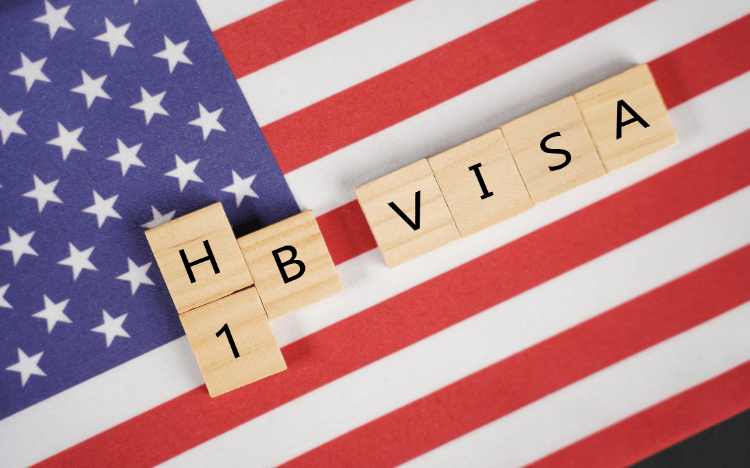H1B visa myths and misconceptions

The H1B visa is a nonimmigrant visa that allows U.S. employers to temporarily hire foreign workers in specialty occupations, such as technology, engineering, and science. While the H1B visa is an important tool for many employers and foreign workers, there are also many myths and misconceptions surrounding it. Here are some common H1B visa myths and the truth behind them:
Myth #1: The H1B visa is only for highly skilled workers.
Truth: While the H1B visa is often used to bring in highly skilled workers, it is not limited to just these individuals. In fact, the H1B visa can be used to hire foreign workers in a variety of specialty occupations, including those that require less education or experience.
Myth #2: The H1B visa is easy to get.
Truth: The H1B visa process is highly competitive and there are a limited number of visas available each year. In addition, the process can be complex and time-consuming, requiring employers to go through a number of steps, including obtaining a labor condition application and filing a petition with U.S. Citizenship and Immigration Services.
Myth #3: The H1B visa is only for large companies.
Truth: While many large companies do use the H1B visa to hire foreign workers, small and medium-sized businesses can also use it. In fact, the H1B visa is often used by smaller businesses to bring in specialized talent that they may not be able to find locally.
Myth #4: The H1B visa is a pathway to permanent residency.
Truth: While it is possible for H1B visa holders to eventually apply for a green card and permanent residency, it is not a guarantee. The process for obtaining a green card can be complex and time-consuming, and there are a limited number of green cards available each year.
Myth #5: The H1B visa is bad for U.S. workers.
Truth: The H1B visa is often used by employers to fill positions that cannot be filled by U.S. workers. In some cases, this may be because there is a shortage of qualified workers in a particular field. In other cases, it may be because the employer is unable to find a worker who is willing to accept the salary or benefits offered. While the H1B visa can have some impact on the job market, it is important to note that it is just one tool that employers use to hire foreign workers and it is not the sole cause of any negative impacts on U.S. workers.
In conclusion, the H1B visa is a valuable tool for both employers and foreign workers, but there are many myths and misconceptions surrounding it. It is important to seek out accurate information about the H1B visa and its requirements to better understand how it works and its impact on the job market.
